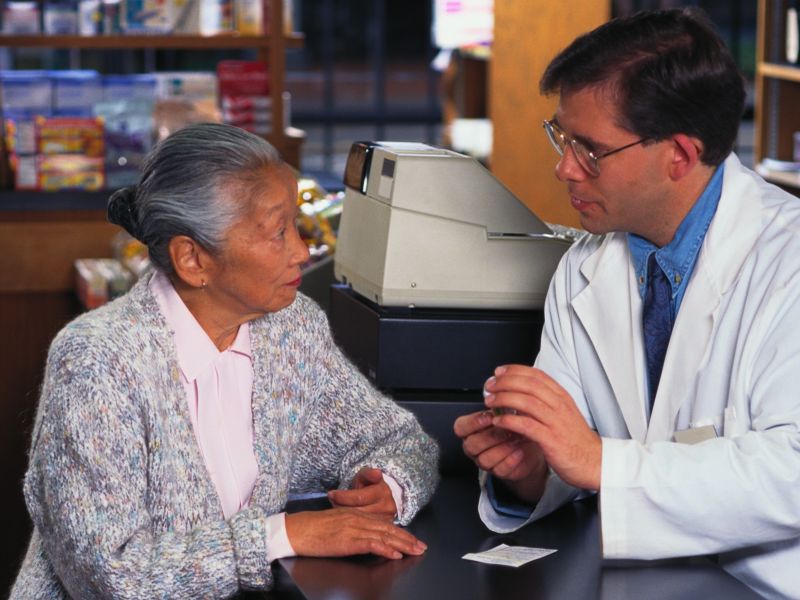
Limited access to pharmacies may be one reason hospital readmission is more common among older patients in rural, remote or smaller communities, a new study suggests.
Hospital readmissions in the United States cost $17 billion a year and are a serious problem, according to researchers from Oregon State University and Oregon Health & Science University.
They analyzed data from patients aged 65 and older in Oregon and focused on 507 pharmacies and 58 hospitals.
The average rate of readmissions in rural areas was 15.3 percent, compared to 14.7 percent in cities, where pharmacies are more often open, the researchers found. However, the study only found an association between hospital readmissions and pharmacy availability.
“It’s a huge burden both on a patient and our medical system when they have to be readmitted to a hospital,” said senior author David Lee, assistant professor in the OSU/OHSU College of Pharmacy.
“The modern pharmaceutical profession is increasingly being recognized as an important partner in health care, and as its services continue to expand it will help even more. This research shows that pharmacy access can help people from going back to the hospital,” he said in an Oregon State news release.
“The sooner a person gets out and stays out of a hospital, the better off they usually will be,” Lee added.
He noted that in some rural parts of Oregon, the closest pharmacy may be 100 miles or more away. In one small Oregon community, the only pharmacy is open 54 hours a week. In comparison, people in some large cities can find numerous pharmacies that collectively are open more than 3,800 hours a week.
The study was published online Aug. 1 in the Journal of the American Pharmacists Association.
More information
The U.S. National Institutes of Health offers a hospital patient discharge checklist.
Source: HealthDay

Leave a Reply